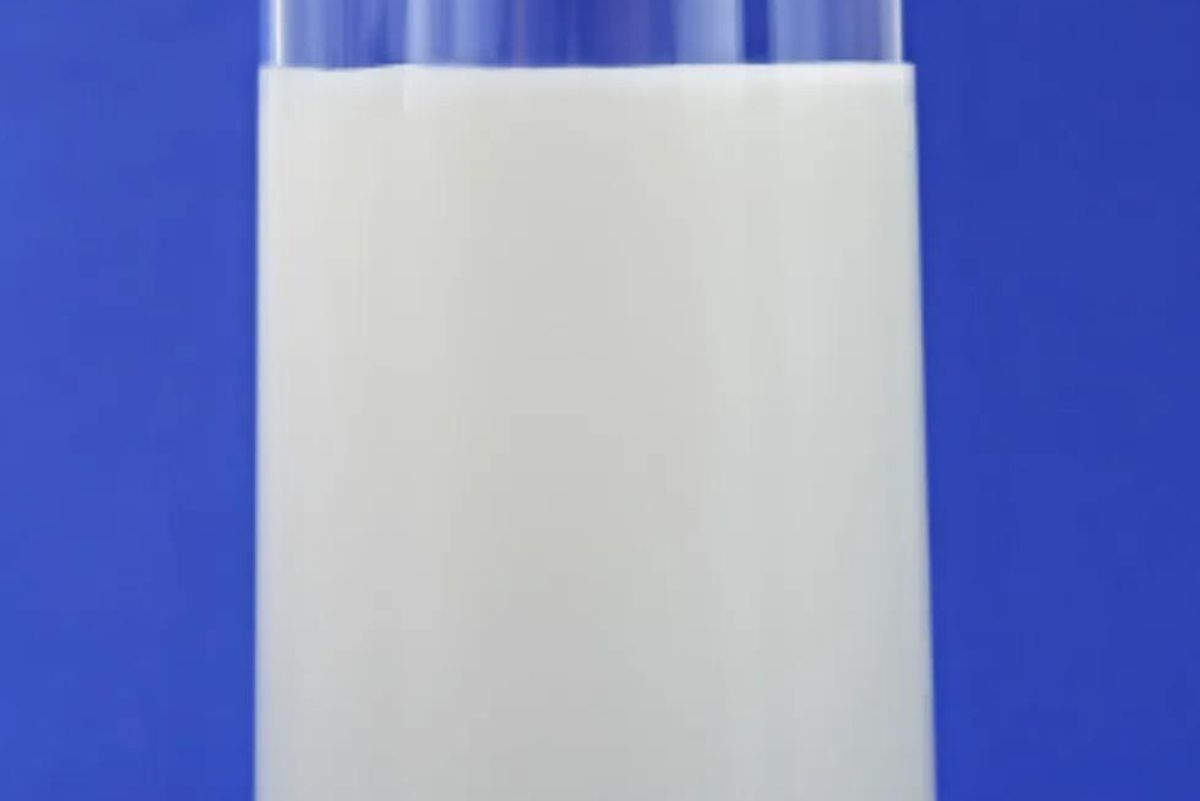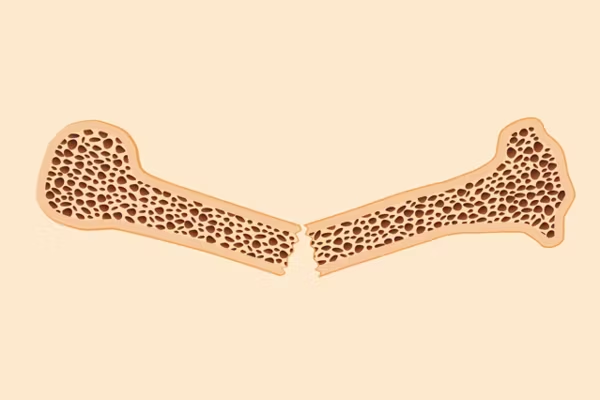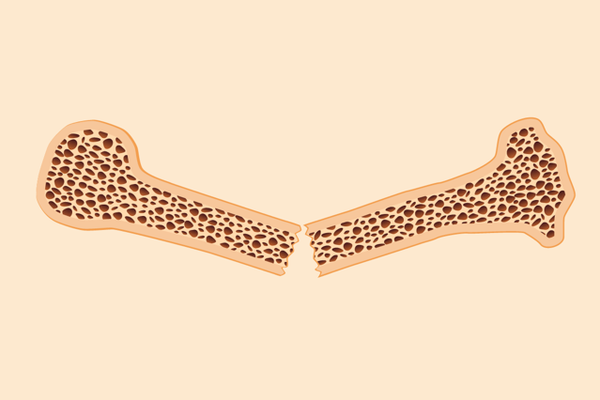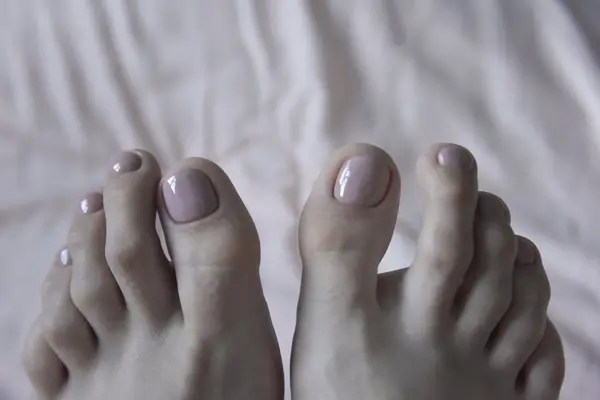We'd like to think that staying healthy is as easy as swallowing a handful of pills. And many of us have been doing that—taking our recommended amount of calcium to ward off osteoporosis.
If you're concerned about osteoporosis, you do need to think about how best to protect yourself against it. Osteoporosis is a condition that's both prevalent and potentially dangerous. Your bones are constantly being remodeled, during which calcium is reabsorbed and deposited into the new bone. As you age, this balance changes, with bone breakdown exceeding bone formation—a formula for bone loss that increases the risk of osteoporosis over time.
Among the uncontrollable risk factors: being female over age 50; menopause; low body weight/being small and thin; broken bones; loss in height; and a family history.
Still, there are risk factors that are under your control—chief among them, not getting enough calcium.
But here's a little wrinkle to getting calcium in pill form. Recently, as science would have it, the tables have turned—again. In February, the U.S. Preventive Task Force concluded that there was little evidence that calcium supplements prevent fractures in healthy women. The task force recommended that postmenopausal women refrain from taking supplemental calcium and vitamin D.
(In case you're curious, the Institute of Medicine's new guidelines for calcium intake, based on age, are from 700 to 1300 mg daily, with an upper limit range of 1000 to 3000mg.)
Not only that, but some studies have linked calcium supplements to an increased risk of heart attacks and death from cardiovascular disease.
MORE: Calcium Supplements May Raise Odds of Heart Death in Women
It's enough to make you hurl you body against the wall in frustration (but don't—you might break a bone).
The one thing researchers agree on is this: more research is needed. And there's definitely not a one-size-fits-all solution to the conundrum.
So, what to do with all these contradictory studies?
There is no argument that calcium helps maintain strong bones and overall health. And the safest and likely most effective delivery system is through diet.
Milk is the obvious choice; yet drinking milk has fallen out of favor in recent years. Both sugared and diet soft drinks have taken its place in many diets. Typically the average person in this country drinks less than one cup a day, and many people don't drink any.
Stumped? Here are some friendly calcium reminders:
Almonds
Broccoli
Calcium-fortified grains and cereals
Calcium-fortified orange juice, soy milk, rice milk
Canned salmon and sardines (but only if you consume the bones)
Cheese (low-fat or nonfat, if you're watching your cholesterol or calories)
Chinese cabbage
Kale
Spinach
Tofu (if prepared with calcium)
Yogurt
Fact: The calcium in low-fat and nonfat dairy products is roughly similar to the amounts in the full-fat versions.
Fact: If you're concerned about calcium supplements and their contribution to the formation of kidney stones, some (but not all) studies suggest a positive association. High intake of dietary calcium is not associated with kidney stone formation; in fact, it may protect against developing them.
And don't forget the value of exercise in keeping your bones healthy. Both weight-bearing exercises (like walking, running and other activities where your feet leave and hit the ground and work against gravity) and resistance exercises (like pumping iron and other resistance training) contribute to good bone health.
MORE: No More Excuses! Five Easy Ways to Find the Motivation to Exercise
READ MORE: Dietary Supplement Fact Sheet: Calcium






